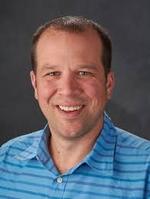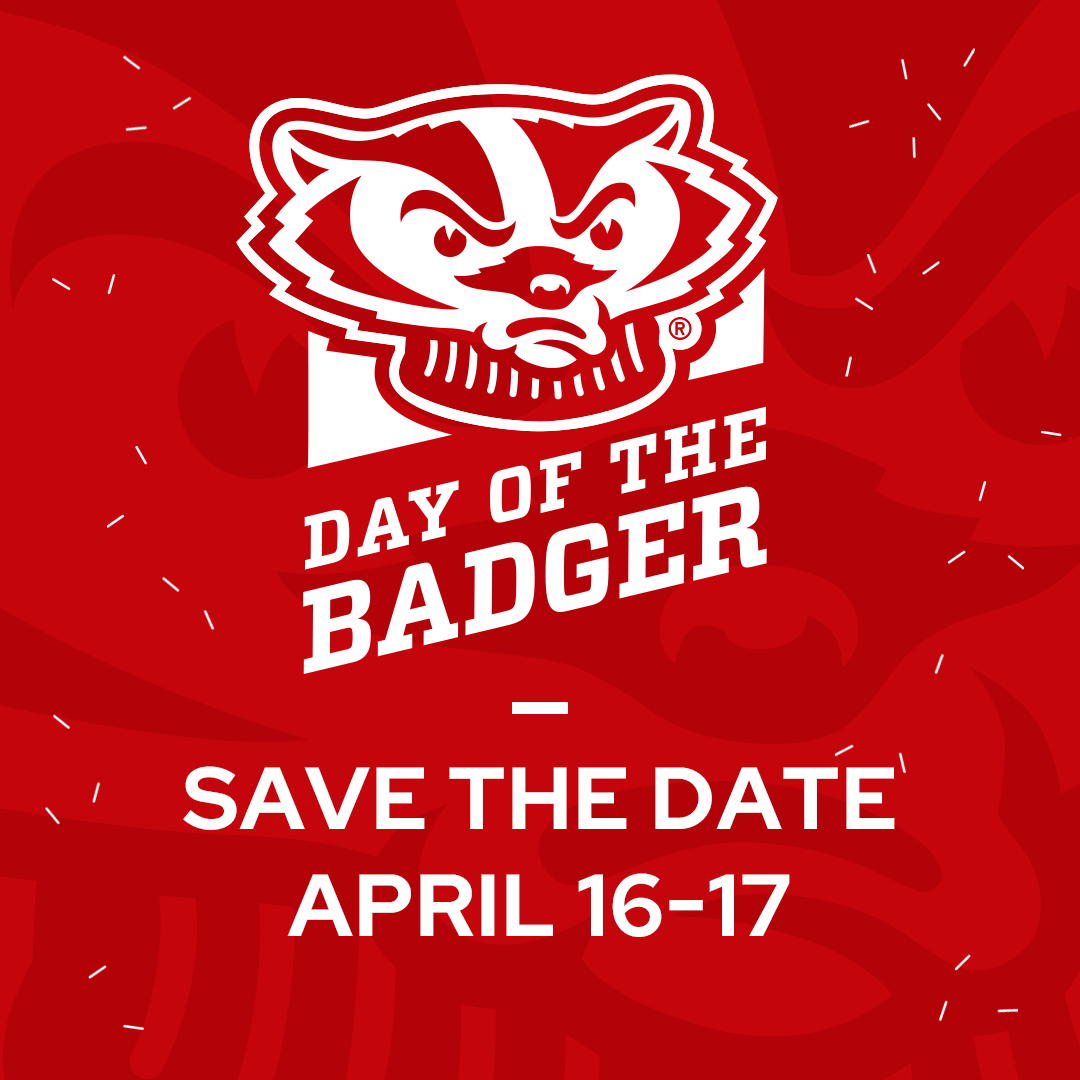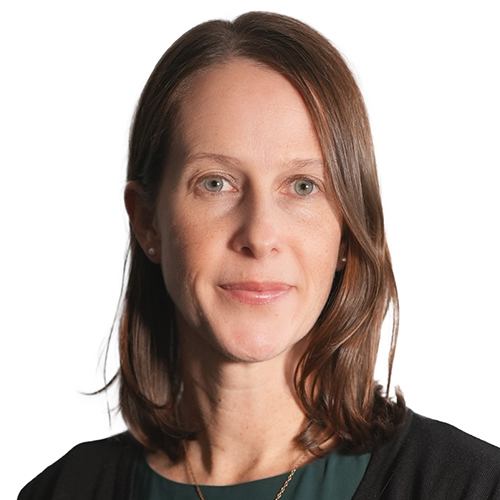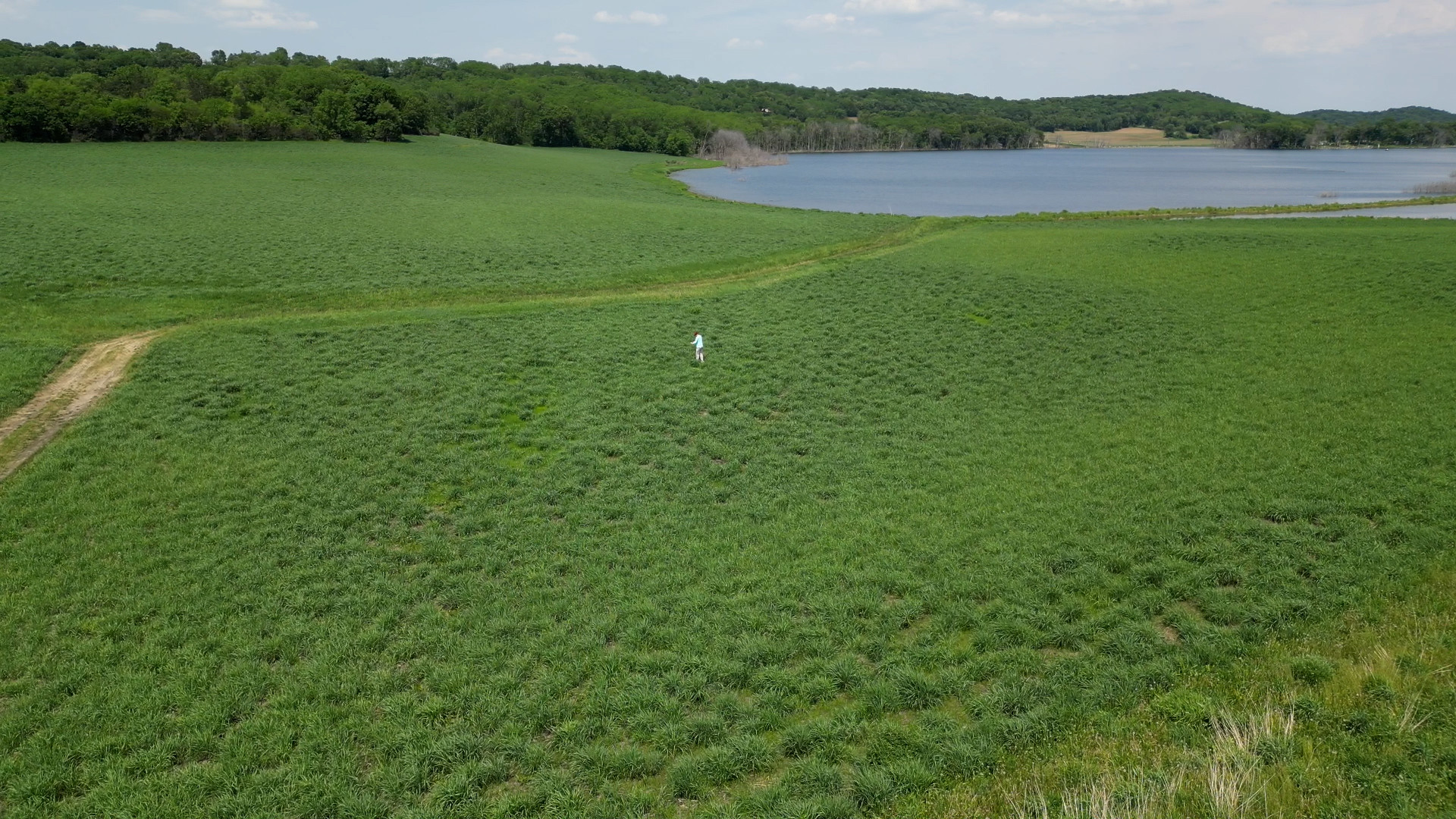In the classic game of rock, paper, scissors—during each round—one of these mock items formed by participants’ hands comes out on top. In thinking about groundwater and with a scientific twist, rock always comes out on top. That’s because it is an important factor in the nature of groundwater. As water moves in under-the-surface aquifers, toxic minerals—such as naturally occurring radium—can leach out of surrounding rock and into the water.
Matt Ginder-Vogel could be seen as a pro in the science edition of rock, paper, scissors. That’s because his research combines geochemistry with hydrology to understand the impact of drinking water well placement and what the surrounding rock has infused into that water. “I’m more of a geochemist,” he said as a way of labeling himself.

Thanks to the Wisconsin Section of the American Water Works Association (WIAWWA), he can now also label himself as an award winner because the professional organization that offers support for those who manage and protect water systems will confer its 2020 research award on Ginder-Vogel.
“I looked at the list of those who have won before. It is people whose work and body of research I respect and admire. It (the award) is really meaningful. I’m psyched to be among those people on that list,” said the professor in the Civil and Environmental Engineering Department at the University of Wisconsin-Madison.
Terry Vandenbusch, chair of the Research Committee of WIAWWA and a water quality analyst with Milwaukee Water Works, said the annual award is, “Given to recognize individuals who have made research contributions to water science and water supply. Wisconsin-based people working in or to the benefit of the drinking water industry. All of Matt’s overall body of work contributed to him becoming the 2020 WIAWWA Research Award Winner.”
He continued by noting that Ginder-Vogel and his research team, “have been evaluating how geochemistry affects sources of radium and its parent elements as well as laboratory methods that more precisely quantify radium species (226 and 228) in groundwater. Also, the work of his group pertaining to elemental cycling and mobility in general is very valuable to the water industry.”
Ginder-Vogel has been funded through the University of Wisconsin Water Resources Institute and the Wisconsin Department of Natural Resources (DNR) on three projects through what is known as the Groundwater Research and Monitoring Program (GRMP), which he termed “so important.” He said he appreciated past project reviews and funding, as well as “the consistent nature of the program. I got one grant that we turned into a National Science Foundation grant. Then we pulled in two students to work on this. They were NSF fellows. We turned a two-year project into a five-year project.”
That project had been focused on manganese and iron. His other GRMP project examined radium and well drilling. The third took a broader look at radium using a statewide dataset housed at the DNR. The projects are linked, Ginder-Vogel noted, because, “Water utilities are moving from shallow wells to deeper ones and there are the implications of those deeper wells. As we move to deeper wells, we have to appreciate what a deeper well might mean. There might be PFAS or other contaminants.”
The WIAWWA will confer the research award in September. In his acceptance remarks, Ginder-Vogel is likely to stress how he values collaborating with others on groundwater research—the DNR, Wisconsin Geological and Natural History Survey and the U.S Geological Survey to, “Push forward the knowledge. We want people to be aware, be cognizant and use the best possible water management to make sure the water is safe.”



